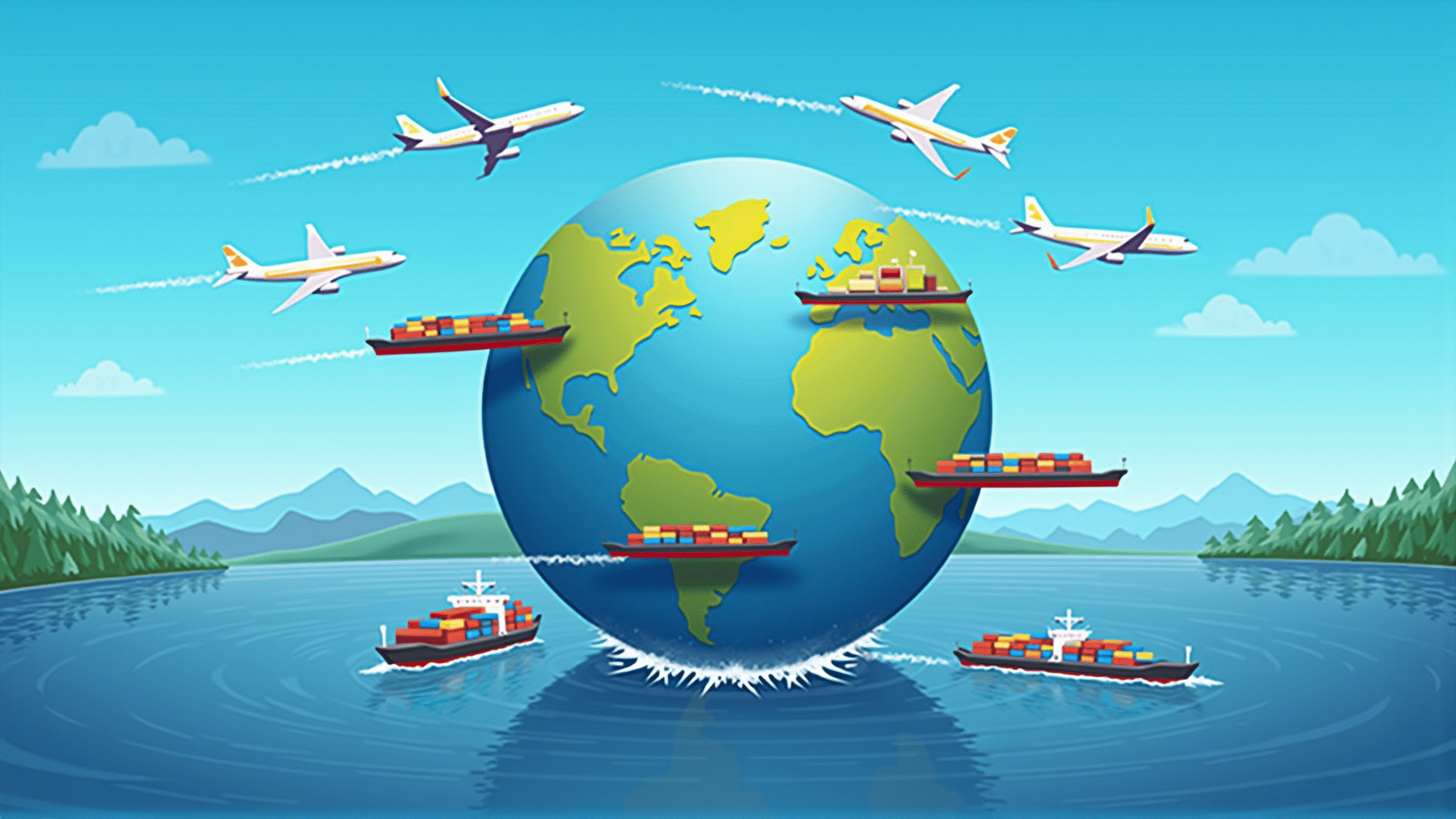In today's interconnected landscape, global trade stands as a key pillar supporting economies around the world. It involves the exchange of goods and services across international borders, offering numerous advantages while also presenting distinct challenges.
The integration of trade on a worldwide scale has a transformative impact on participating countries. One of its most prominent benefits is access to a broader range of goods and services. Consumers can enjoy products not produced locally, enhancing diversity and choice in marketplaces. For producers, this exchange means an opportunity to explore larger markets beyond domestic boundaries, thus increasing their outreach.
Moreover, global trade contributes significantly to innovation. The competitive environment encourages businesses to innovate continuously, leading to advancements in technology and efficiency. Countries can also focus on producing goods where they hold a comparative advantage, ensuring resources are allocated more efficiently and boosting overall productivity.
However, global trade is not without its difficulties. For one, it can lead to economic disparities between nations, often benefiting developed countries more significantly than developing ones. The competitive nature of trade can also challenge domestic industries, particularly those that struggle to match the efficiency and pricing of international competitors. This may result in job losses in certain sectors, necessitating measures to support affected workers.
Additionally, environmental concerns have become increasingly prominent. The transportation of goods over long distances contributes to carbon emissions, raising concerns about the ecological footprint of global trade. As a result, there is a growing push towards sustainable practices within the industry to mitigate adverse environmental impacts.
International relations can also play a significant role in shaping trade dynamics. Trade policies, tariffs, and trade agreements between countries can either facilitate or hinder the flow of commerce. Balancing national interests with the benefits of open markets requires careful negotiation and diplomacy.
In conclusion, while global trade carries substantial benefits that drive economic growth and innovation, it also poses challenges that require strategic management. As the world continues to evolve, striking a balance between economic interests and ethical, sustainable practices will be crucial to ensuring that global trade contributes positively to the global community.
